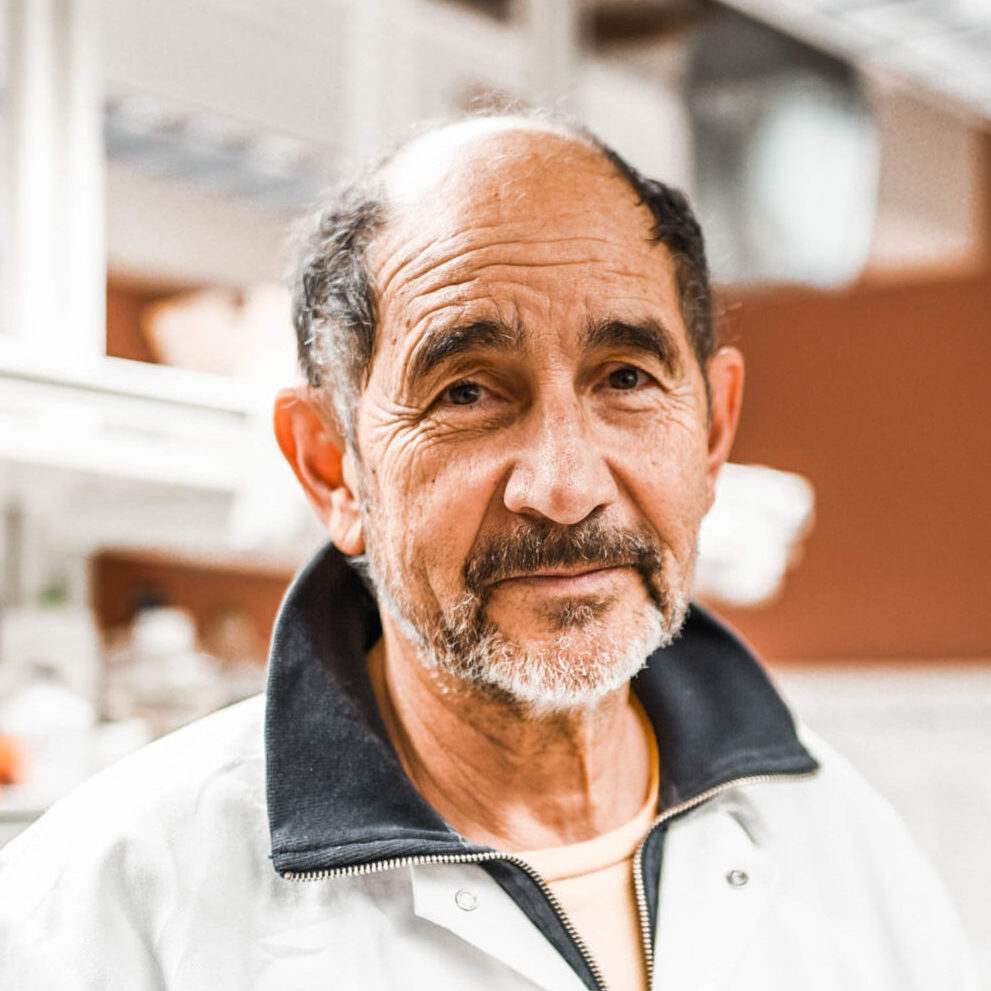Course Description
The global food market, valued at $9.43 trillion, plays a central role in our lives, but it also carries significant environmental and social burdens. Accounting for about 34% of global greenhouse gas emissions, the current food system is marked by inefficiencies, unsustainability, and inequities. These issues are evident in the massive amount of food wasted annually, unequal access to nutritious foods leading to malnutrition and obesity, and the rise in antibiotic resistance and pandemics due to suboptimal food and animal handling practices. Addressing these challenges demands innovation across various sectors and scales. However, innovation often occurs in isolated bubbles, lacking the interdisciplinary collaboration needed for meaningful progress. For instance, while alternative meat products offer environmental benefits over conventionally produced animal products, recent market stagnation indicates consumer demand for more sustainable options that also deliver on taste and affordability.
This seminar aims to shed light on the environmental and health challenges entrenched in our current food systems and the ongoing efforts to tackle them through technological advancements. Topics will encompass various aspects such as agricultural practices, innovative plant-based ingredients, processing techniques, and repurposing food waste. These discussions will focus on their applications in crafting plant-based alternatives to animal products, with the overarching goal of fostering a more circular and resilient food system. Designed as an introduction to the current sustainable food landscape and innovative ideas in food technology, this class encourages students to engage with literature, participate in discussions, and critically review new innovations in sustainable food technologies. Through this exploration, students will gain insights into emerging solutions and be better equipped to contribute to the ongoing evolution of sustainable food systems.
Application
Students of any major and professional degree (MBA, undergraduate, graduate) are encouraged to apply. It is especially suited for students with an interest in food technology, biotechnology, engineering, business/start-ups, data science, nutrition, and design-oriented thinking.
Video
Introducing Team Sundial
Hear from team Sundial, a startup that started in the SCET Alt Meat Challenge Lab.
Instructor

Ricardo San Martin
Ricardo is an inventor and entrepreneur in chemical and biological sciences. As a professor of entrepreneurship and innovation, Ricardo teaches at the Sutardja Center for Entrepreneurship and Technology and is the Co-founder of the Alt.Meat Program at UC Berkeley. Ricardo was also the Founding Director of the Master of Design P. at the Universidad Catolica de Chile. Ricardo has a Ph.D. in Biotechnology from the Imperial College London and has a M.S. in Chemical Engineering from UC Berkeley.

Sarah Klass
Sarah is a Postdoctoral Researcher at the Keasling Lab, UC Berkeley where she is working on engineering polyketide synthetases (PKSs) to bio-manufacture small molecule monomers that can be polymerized into recyclable 3D plastics. With a chemistry and chemical biology background, her focus has been on chemically and genetically modifying natural protein structures for advanced material functions. During her Ph.D. in the Francis lab at UC Berkeley, she studied the impact of sequence modification on intrinsically disordered proteins’ self-assembling properties to develop a new class of bioderived and biodegradable protein-based materials with unique functions.
